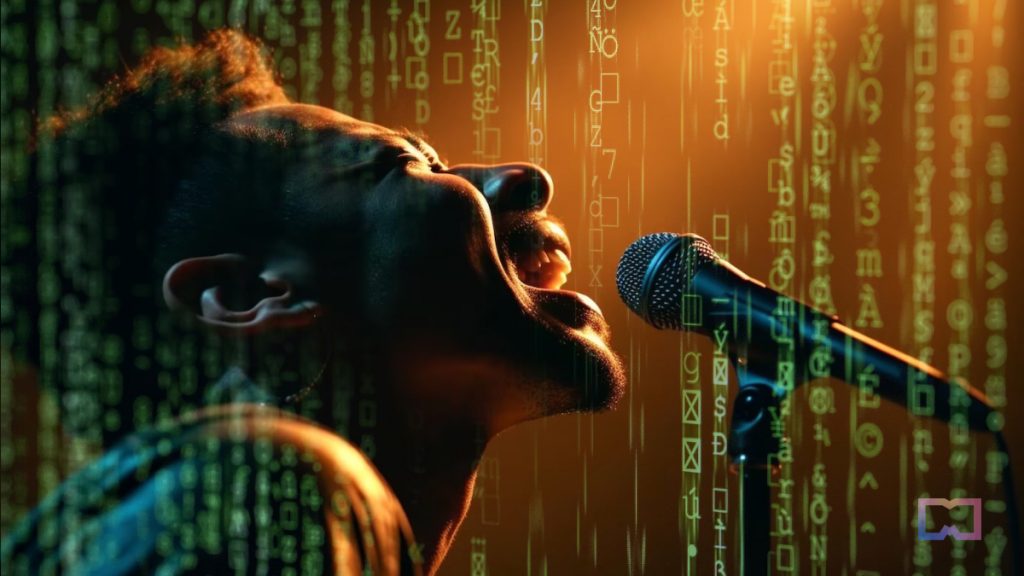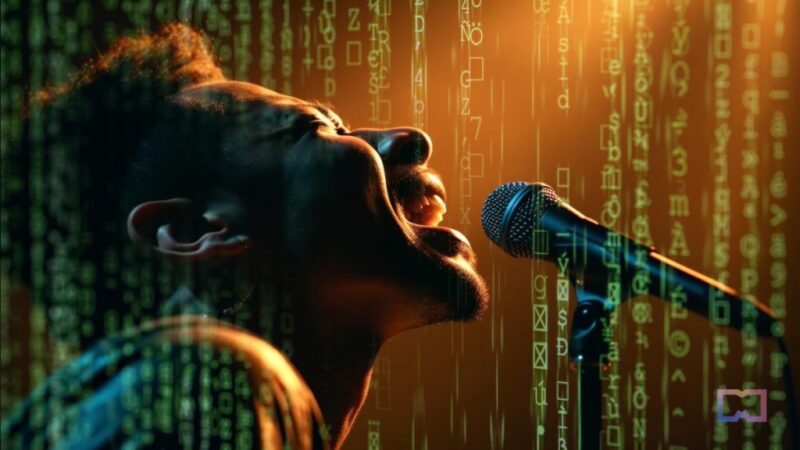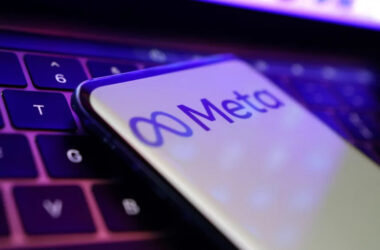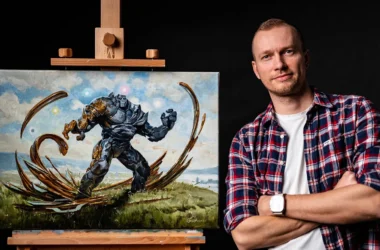AI-generated songs are becoming increasingly sophisticated, and the technology can now produce high-quality music that is almost indistinguishable from human work. This raises many questions about the future of the music industry, including how copyright laws will be enforced in the age of AI-generated music.

U.S. Senator Marsha Blackburn is concerned that AI is making it harder for songwriters and other artists, particularly women, to win exposure and have a career in the entertainment industry.
Blackburn raised this issue during a Senate Judiciary Committee hearing aimed at regulating AI. She asked witnesses how Congress can ensure that songwriters, musicians, artists, and entertainers can still generate revenue as AI algorithms threaten their work.
According to Blackburn, one of the ways artists are being negatively impacted is through the generative AI replication of voices and melodies, as demonstrated by OpenAI’s Jukebox. Jukebox is an AI neural network that creates music, producing singing and raw audio across various genres and artist styles.
Blackburn further said that AI cloning technologies are “robbing” artists of their ability to make a living off their creative works. She argued that Congress needs to take action to protect artists’ rights in the digital age.
Blackburn’s concerns are shared by many artists and industry professionals. They worry that AI cloning technologies could lead to a future where artists are no longer able to make a living from their work.
Moreover, Blackburn stated that artists and entertainers also face threats from the rapid development and usage of AI in China. Chinese companies, such as ByteDance, are exploring AI music creation, which could potentially lead to the theft and duplication of content produced by American talent, she added.
Universal Music Group (UMG) is facing a challenge from AI services that use copyrighted music to create songs resembling popular artists. As AI-generated songs appear on streaming platforms, UMG is taking action to protect its artists’ intellectual property rights.
With about a third of the global music market under their control, UMG is sending takedown requests to platforms like Spotify, urging them to block AI developers; access to their catalogs. UMG argued that AI-generated songs utilizing the voices of others infringe upon its artists’ copyrights and constitute a form of “deep fake” fraud.
While many believe that AI-generated songs are a form of fraud and should not be allowed, some think AI-generated songs are a form of creativity and should be protected by copyright.
For instance, Canadian singer Grimes encourages her fans to use her voice and collaboratively create new music. Grimes approves her fans using her voice to create new songs. She believes that AI-generated songs can be a powerful tool for creativity, and she wants to see what her fans can come up with. Moreover, the singer also said she would be willing to share royalties with the creators of any successful AI-generated songs that use her voice.
It is unclear how the music industry will ultimately address the issue of AI-generated songs. However, UMG’s actions suggest that the industry is taking a strong stance against AI services that use copyrighted music to create new songs resembling popular artists.
Source: mPost






